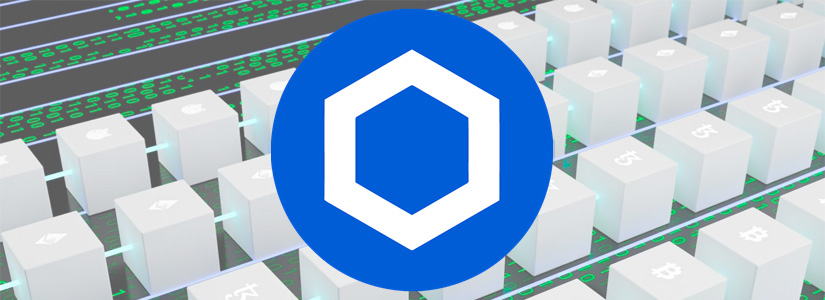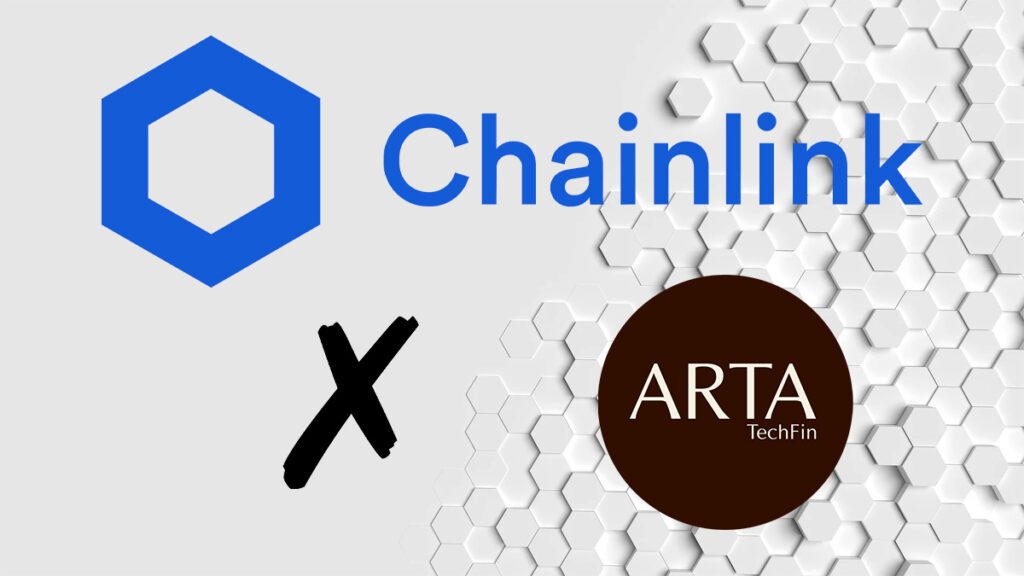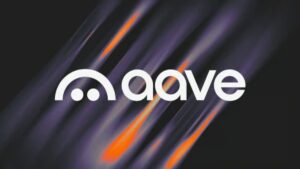TL;DR
- Chainlink Collaboration: Chainlink has partnered with Arta TechFin to tokenize real-world assets (RWAs), aiming to make assets like real estate and collectibles tradable on the blockchain.
- Blockchain Innovation: This initiative could transform the real estate sector by streamlining transactions, which currently take 30 to 60 days in the U.S., and make them more efficient and accessible.
- Market Movement: Chainlink’s token (LINK) has seen a significant price increase, reaching a monthly high of $16.8, but investors are cautioned as indicators suggest a potential price correction.
Chainlink, the leading blockchain oracle network, has taken a significant step in the blockchain industry by expanding its global partnerships to focus on the tokenization of real-world assets (RWA), including those in the real estate sector.
@Chainlink will discuss how providing secure and reliable onchain data and interoperability are core tenets to unlocking the utility and liquidity of tokenized assets. Learn how Chainlink provides essential infrastructure to power the tokenized asset economy⚡️ (4/8)
— Areta (@areta_io) May 21, 2024
This move is seen as the next frontier for blockchain technology, with the potential to revolutionize how we interact with tangible assets. On May 21, Chainlink announced a collaboration with Arta TechFin, a Hong Kong-based wealth management and financial services company.
This partnership aims to bring RWAs, valued globally at an astounding $867 trillion, onto the blockchain. The tokenization process is expected to increase the velocity of money by making previously illiquid assets, such as real estate and collectibles, electronically tradable.
The real estate sector, known for its low liquidity and transactional difficulties, stands to benefit significantly from this innovation. In the United States, a typical real estate transaction without a cash buyer can take between 30 to 60 days to complete.
The resale of a house or the use of capital involves complex and lengthy processes that can span months. Chainlink’s initiative could streamline these processes, making transactions more efficient and accessible.
Chainlink’s Ambitious Path to Tokenizing Tangible Assets

Chainlink’s approach to introducing RWAs on the blockchain is supported by its real-time price feeds and the Cross-Chain Interoperability Protocol (CCIP), allowing the Oracle network to interact with other blockchains and transfer assets across different chains.
The value transfer between blockchains is not a new concept for Chainlink. In 2023, SWIFT, the interbank messaging protocol, partnered with Chainlink to test the transfer of value across different blockchain protocols.
More recently, Chainlink initiated a pilot program with the Depository Trust & Clearing Corporation (DTCC) and major banking institutions like BNY Mellon, JP Morgan, and Edward Jones, aiming to bring bank fund data onto the blockchain.
However, Chainlink is not alone in its pursuit. Ripple Labs continues to form partnerships to tokenize real-world assets, including real estate, stocks, mortgages, and bonds. Ripple’s CEO, Brad Garlinghouse, has announced agreements with JPMorgan, Santander, and IBM to tokenize assets on Ripple’s blockchain ledger.
As Chainlink’s token (LINK) reaches a monthly high, trading around $16.8 with a nearly 30% increase in the last week, the market watches closely. The Relative Strength Index (RSI) suggests an overbought condition, historically followed by price corrections.
With the Market Value to Realized Value (MVRV) ratio signaling potential profit-taking, investors are advised to be cautious, as LINK tends to correct when MVRV is between 10% and 20%. The blockchain community eagerly anticipates the impact of Chainlink’s strategic move into RWA tokenization.










